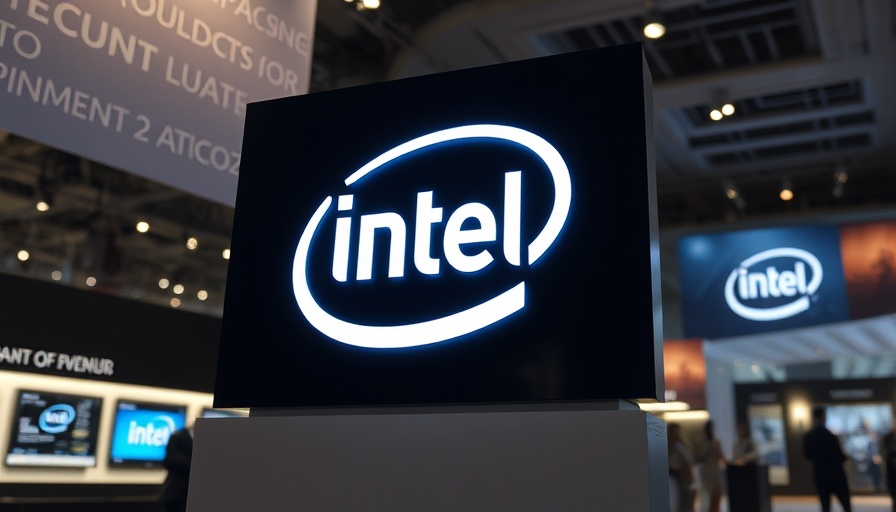
Intel Takes Major Steps Back in Manufacturing Plans
Intel CEO Lip-Bu Tan is reshaping the company's strategy to combat inefficiencies by putting a halt on various ambitious manufacturing projects. In a recent earnings call, he announced that Intel would delay or completely scrap several initiatives, particularly those overseas, emphasizing a renewed focus on sustainable growth over aggressive expansion.
Critical Manufacturing Delays and Cancellations
Specifically, Intel will not move forward with key projects in Germany and Poland. These included an assembly and testing facility in Poland and a significant chip factory in Germany, both of which had been uncertain since their announcement last year. This retreat symbolizes a dramatic shift in focus as the company grapples with oversupply issues that left it over-extended in recent years.
Global Reconfiguration of Operations
The restructuring also involves consolidating operations. Intel is centralizing its test operations in Costa Rica and moving them to sites in Vietnam and Malaysia, a move designed to streamline processes and cut excess costs. Tan expressed the urgency of this transition, noting, "Our factory footprint has become needlessly fragmented. Going forward, we will grow our capacity based solely on the volume commitments and deploy our capital expenditures based on tangible milestones." This suggests a shift toward more data-driven decision-making in manufacturing.
Implications for the Future of Technology
The scaling back of Intel's manufacturing ambitions raises questions about the tech giant's position in future technology innovation and next-gen technology. As a leader in the semiconductor space, the company's decisions resonate throughout the industry. Producing chips critical for a myriad of emerging tech trends, from AI technology trends to 5G developments, their manufacturing capacity directly impacts the pace of tech evolution and innovation.
The Road Ahead for Intel
Looking ahead, Tan has expressed the intent to build a "clean and streamlined organization," ensuring operations align with realistic market demands. This strategic pivot offers a glimpse into how large tech companies may navigate the complexities of a post-pandemic economy, where agility and focus on core competencies are vital for survival. With tech disruptions continuing to reshape market dynamics, companies like Intel need to remain competitive amidst rapidly evolving technological advancements.
Intel's recent cutbacks may signal a prudent approach in a volatile market, but it also highlights the lesson that in the world of technology, particularly in semiconductor manufacturing, the future is uncertain and requires adaptive strategies. As they restructure, all eyes on Intel will be crucial to understanding the future of not just their company, but the tech landscape as a whole.
 Add Row
Add Row  Add
Add 




Write A Comment